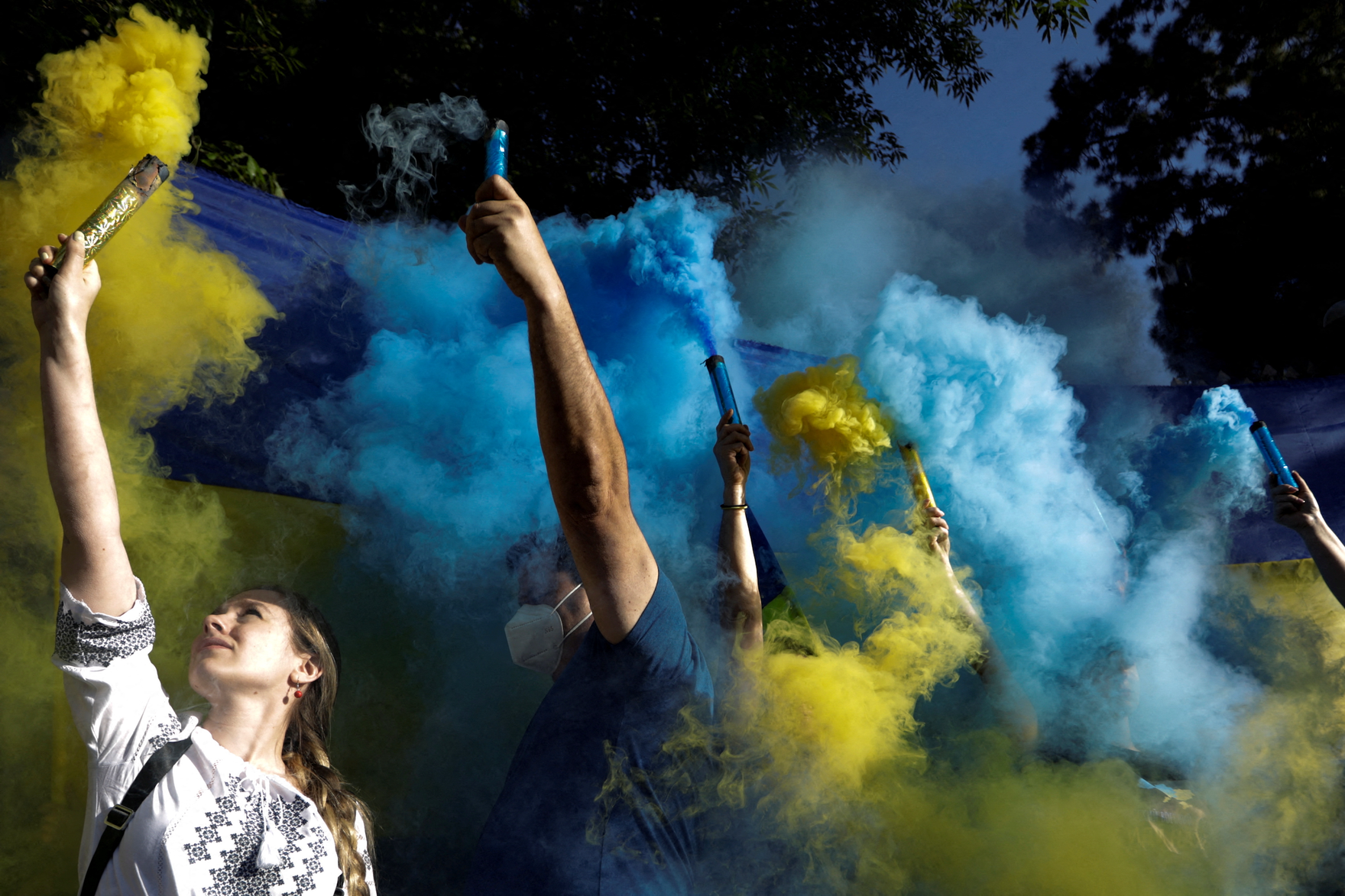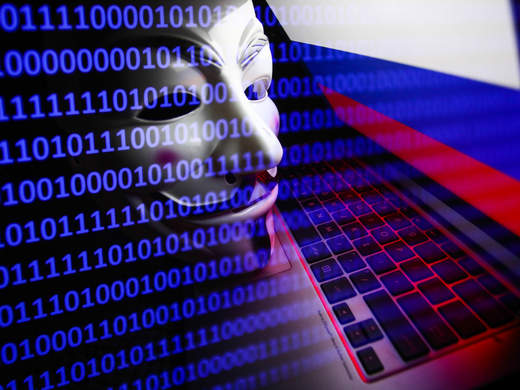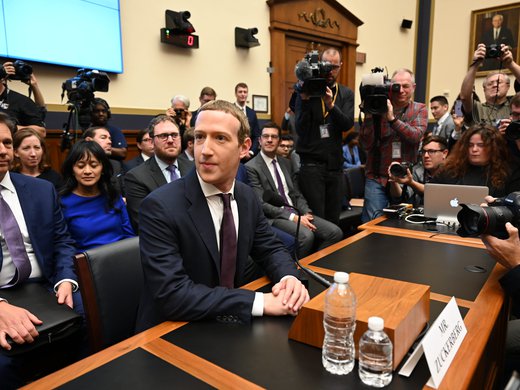The debate over what to do about Russia’s state-controlled media outlets, such as its 24-hour TV news channel RT and the Sputnik radio network, has so far been framed in terms of free expression and censorship. But we would do well to consider what measures governments and technology companies should take against these outlets in light of the international legal prohibition on war propaganda.
On March 2, the European Union banned these outlets from its airwaves, while also requiring technology companies to render their content inaccessible to European internet users. Canadian cable operators and US satellite TV providers have removed RT from their lineups. In Silicon Valley, Reddit is the only major company to ban RT and Sputnik’s content from its platform, while Meta and Google have barred them from monetizing content posted to the companies’ platforms.
But restrictions on war propaganda are already in place and, arguably, apply here.
Article 20(1) of the International Covenant on Civil and Political Rights (ICCPR) states that “any propaganda for war shall be prohibited by law.” This prohibition has received little attention (with some notable exceptions) from the international legal community since the ICCPR — one of the world’s most important human rights treaties — was negotiated in the 1960s. This lack of attention does not make the provision any less binding on governments, which have a legal duty under international law to protect human rights. Nor does it excuse corporations (including social media companies) of their responsibility to respect international human rights law as they transact business around the world.
Further, the United Nations Human Rights Committee has explained that the ICCPR’s prohibition “extends to all forms of propaganda threatening or resulting in an act of aggression or breach of the peace contrary to the Charter of the United Nations.” Russia’s invasion of Ukraine is exceptional in that with the UN General Assembly’s March 3 vote, it is one of the very few situations where an international consensus exists that a state has committed an “act of aggression.”
But are RT and Sputnik spreading “propaganda for war”?
This question is not easy to answer, because there is no agreement on how to define propaganda. However, there is international consensus that the proper measure of war propaganda extends beyond the volume or proportion of false information that a media outlet is spreading. In its 1950 Condemnation of propaganda against peace, the UN General Assembly recognized that propaganda also includes “measures tending to isolate the peoples from any contact with the outside world, by preventing the Press, radio and other media of communication from reporting international events…”
Seen in this light, RT and Sputnik’s well-documented role in spreading false and misleading information about Ukraine in the lead-up to the Russian invasion and throughout the conflict can be understood as part of a larger system of propaganda created by Vladimir Putin’s government, which also represses factual information about the war to prevent it reaching Russian audiences.
Understood in this way, what should social media companies such as Meta and Google do to address the role played by RT and Sputnik in the larger Russian strategy of spreading war propaganda? Certainly, they can do more than they have done. To date, the measures large technology companies have taken fall short of banning the two outlets and their content, citing the prospect of the Putin regime banning their platforms in the country and cutting off Russian citizens from independent sources of information.
Reasonable people can disagree about this rationale. But the argument to refrain from strong action against RT and Sputnik grows weaker by the day as Russia continues to clamp down on free media and social media.
Social media companies must take their responsibility to respect the international legal prohibition on war propaganda more seriously. These companies have more latitude than governments do in crafting responses to situations with great risk of human rights abuse. Just as in keeping with their values a social media company can set policies that prohibit lawful content from their services, so too can human rights-respecting companies take stronger measures against Russian propaganda outlets than many governments are willing to support at this time.
As the situation in Ukraine deteriorates, big tech companies must ask themselves how much longer they are willing to tolerate Russia’s abuse of their platforms in the service of an illegal war.



